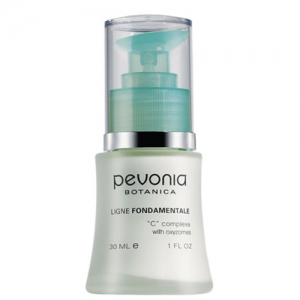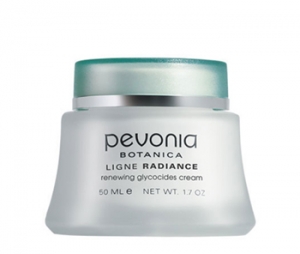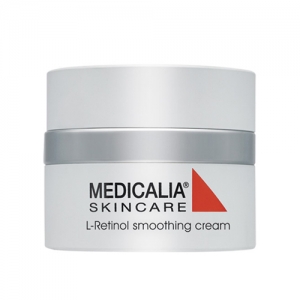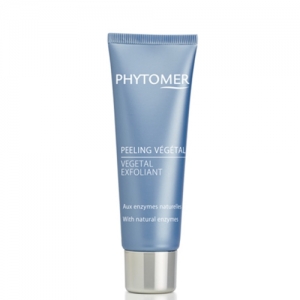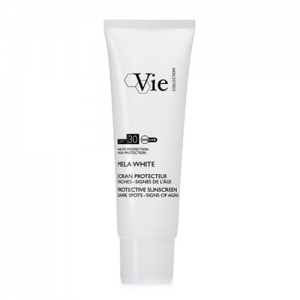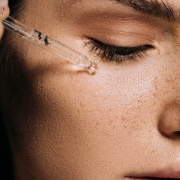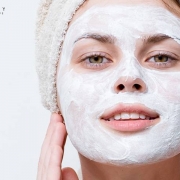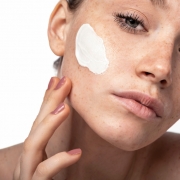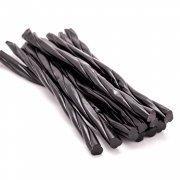Suffering from hyperpigmentation? 4 things you need to be doing now
You may not know it but hyperpigmentation, otherwise known as dark spots, is a very common skin concern. The condition most commonly occurs due to overproduction of melanin, the natural pigment in the skin, which is why it’s often exacerbated during the sunny summer months (thank you sunshine!) However, it can also occur due to inflammation caused from conditions like acne, just want you don’t need, and while hyperpigmentation can be hard to avoid for some, you can definitely help reduce its severity by following a few key steps and we are here to tell you what;
-
Choose your skincare wisely
If you aren’t already invest in skincare specifically designed to target hyperpigmentation. There are 4 key ingredients to look out for. The first being Vitamin C. Vitamin C can not only help heal blemishes it can also help reduce hyperpigmentation and give your skin an all out glow. Once you add a daily dose of vitamin c to your skincare routine you can start seeing noticeable improvements in a matter of weeks.
Here at BC, we love Pevonia’s “C” Complexe. Vitamin C and Hyaluronic Acid work together to hydrate, correct photo damage and drench your skin with repairing antioxidants for a revitalized, youthful glow. It’s really good stuff and I’m testament to that!
AHA’s such as glycolic and lactic acid and BHA’s such as Salicylic acid are ideal for managing hyperpigmentation. They help with resurfacing, declogging and brightening skin and can aid in evening out dark areas of the face, neck and chest.
I personally love Pevonia’s Renewing Glycocides Cream with UV protection! It combines Glycolic acid and Hyaluronic Acid to dramatically improve skin’s texture.
Retinol, a form of vitamin A, is another go-to ingredient for hyperpigmentation. It works by going deep beneath your skin, encouraging cell turnover and bringing healthier, newer skin cells to the surface!
Medicalia’s L Retinol Smoothing cream is a must in the fight against Hyperpigmentation! Formulated with retinol and Glycolic and Lactic Acid (yes!) it’s an excellent resurfacing and lightening cream for photodamaged skin. Just be sure to introduce it slowly and apply before bed. To learn more about retinol click here.
-
Exfoliate
And once or twice a week! This will help shed the hyperpigmented cells and speed up healing. Really!
The most effective exfoliators for managing hyperpigmentation are either chemical or enzymatic exfoliators though as they penetrate more deeply into the skin than physical exfoliators and don’t contain grains which can in some cases create inflammation by scrubbing which can lead to additional pigmentation! Eek!
Try Phytomer’s Vegetal Exfoliant with Natural Enzymes! It’s a beautifully gentle exfoliant that uses natural enzymes to encourage cell turnover without scrubbing or irritating the skin. Ideal for even the most sensitive and reactive skin, it eliminates impurities by gentle exfoliating away dead skin cells to reveal a refined skin texture and more luminous complexion.
-
Slip, slop, slap
Wear sunscreen and be religious about it. Applying your SPF is not only the best way to prevent premature ageing but it will also dramatically decrease your chances of getting hyperpigmentation as well as reducing it.
I highly recommend Vie Collection’s Mela White Protective Sunscreen SPF30, this amazing daily cream is formulated with two high-tech ingredients that act against dark spots, free radicals and UV rays. After daily use dark spots become less visible and skin more unified.
-
Eat a diet rich in Vitamin C and flavonoids
A healthy diet rich in antioxidants, such as vitamin C and flavonoids can effectively help reduce skin darkening. So be sure to introduce avocados, oranges, grapes, cherries, broccoli and bell peppers into your daily diet, as well as foods with beta-carotene (orange colour) like sweet potatoes, pumpkin, carrots and seafood rich in copper, magnesium, selenium and zinc. Such a diet works by encouraging production of melanin, reduction of free radicals and support of cell turnover, the three things that help grow healthy, happy skin and diminish dark spots!
-
Drink herbal
Turn your morning cuppa into a mug of green tea! We know green tea is rich in antioxidants and flavonoids, but did you know as a result it can help reduce both skin inflammation and melanin production in one.


